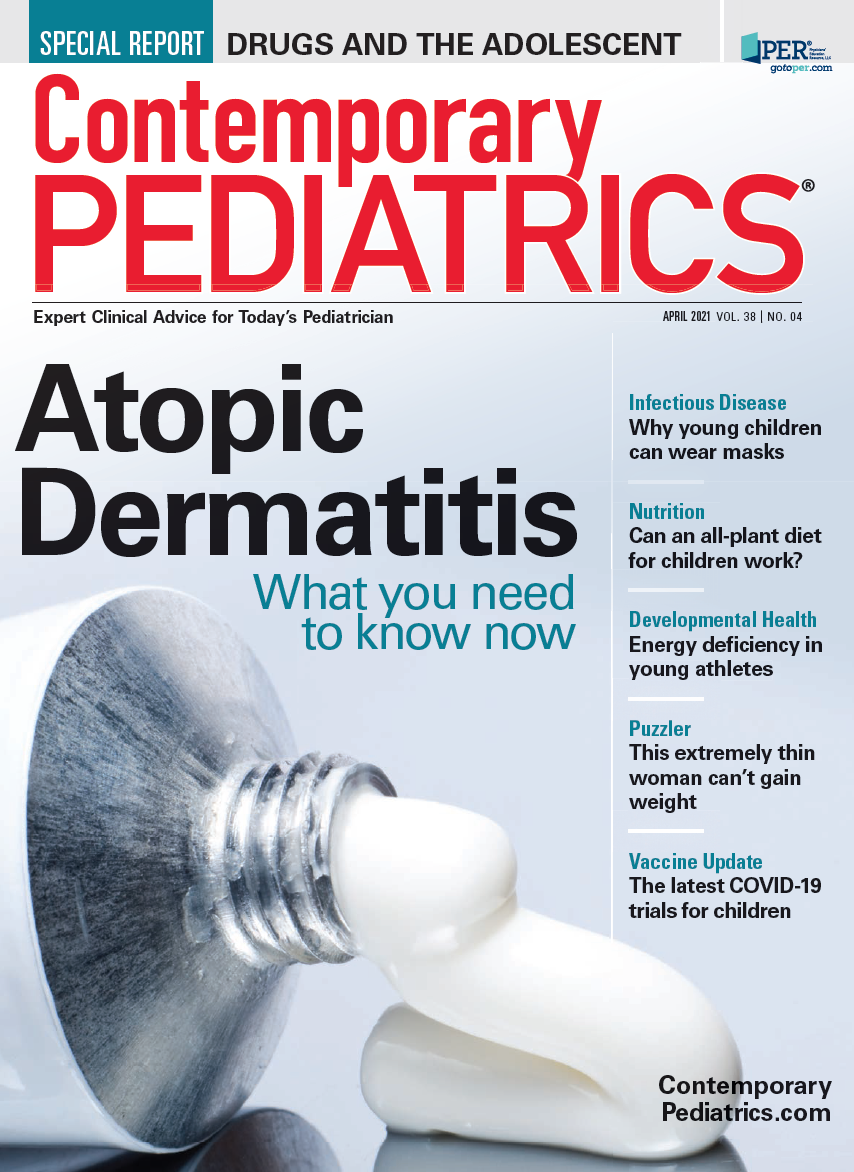When traditional Pap test is problematic, a blind Pap is adequate
For some patients, the traditional Papanicolaou (Pap) test can be a traumatic event that shouldn't happen. An investigation examines whether a blind Pap test, which doesn't use a speculum, could be an adequate substitute.
Because young adult women with developmental delay may not be able to tolerate a Papanicolaou (Pap) test, investigators assessed how well a blind Pap (a test without a speculum) evaluated the presence of squamous intraepithelial lesions compared with a traditional Pap test.1 The retrospective study, in 14 patients who had a blind Pap test and 214 patients who underwent a traditional Pap test (controls), found that all blind Pap test specimens were adequate for cytology diagnosis. However, the endocervical/transformation zone component was adequate in only 57% of blind Pap test specimens compared with 90% of traditional Pap test specimens.
Patients in the blind Pap group were developmentally delayed and aged no older than 26 years. Their tests were performed without use of a speculum by gently inserting a Q-tip into the vaginal canal until meeting resistance from the vaginal fornix. Practitioners moved from the Q-tip from left to right to feel the cervix through haptic feedback, then rubbed it around this area to contain cervical cells. Women in the control group underwent traditional tests with a speculum and direct visualization of the cervix.
Thoughts from Dr. Farber
A speculum examination in someone with severe developmental delays can be traumatic. The decreased number of adequate smears when done blindly seems an acceptable trade-off here. I do not routinely give human papillomavirus vaccines to people with severe delays as they are at very low risk, even though it reduces my quality score with insurers.
Reference
1. Limbaugh LJ, Winsten MT, Sangi-Haghpekyar H, Dietrich JE. The utility of blind Pap tests in young adults with developmental delay: a pilot study. J Pediatr Adolesc Gynecol. 2020;(20):S1083-3188. doi:10.1016/j.jpag.2020.12.010

Having "the talk" with teen patients
June 17th 2022A visit with a pediatric clinician is an ideal time to ensure that a teenager knows the correct information, has the opportunity to make certain contraceptive choices, and instill the knowledge that the pediatric office is a safe place to come for help.
Meet the Board: Vivian P. Hernandez-Trujillo, MD, FAAP, FAAAAI, FACAAI
May 20th 2022Contemporary Pediatrics sat down with one of our newest editorial advisory board members: Vivian P. Hernandez-Trujillo, MD, FAAP, FAAAAI, FACAAI to discuss what led to her career in medicine and what she thinks the future holds for pediatrics.